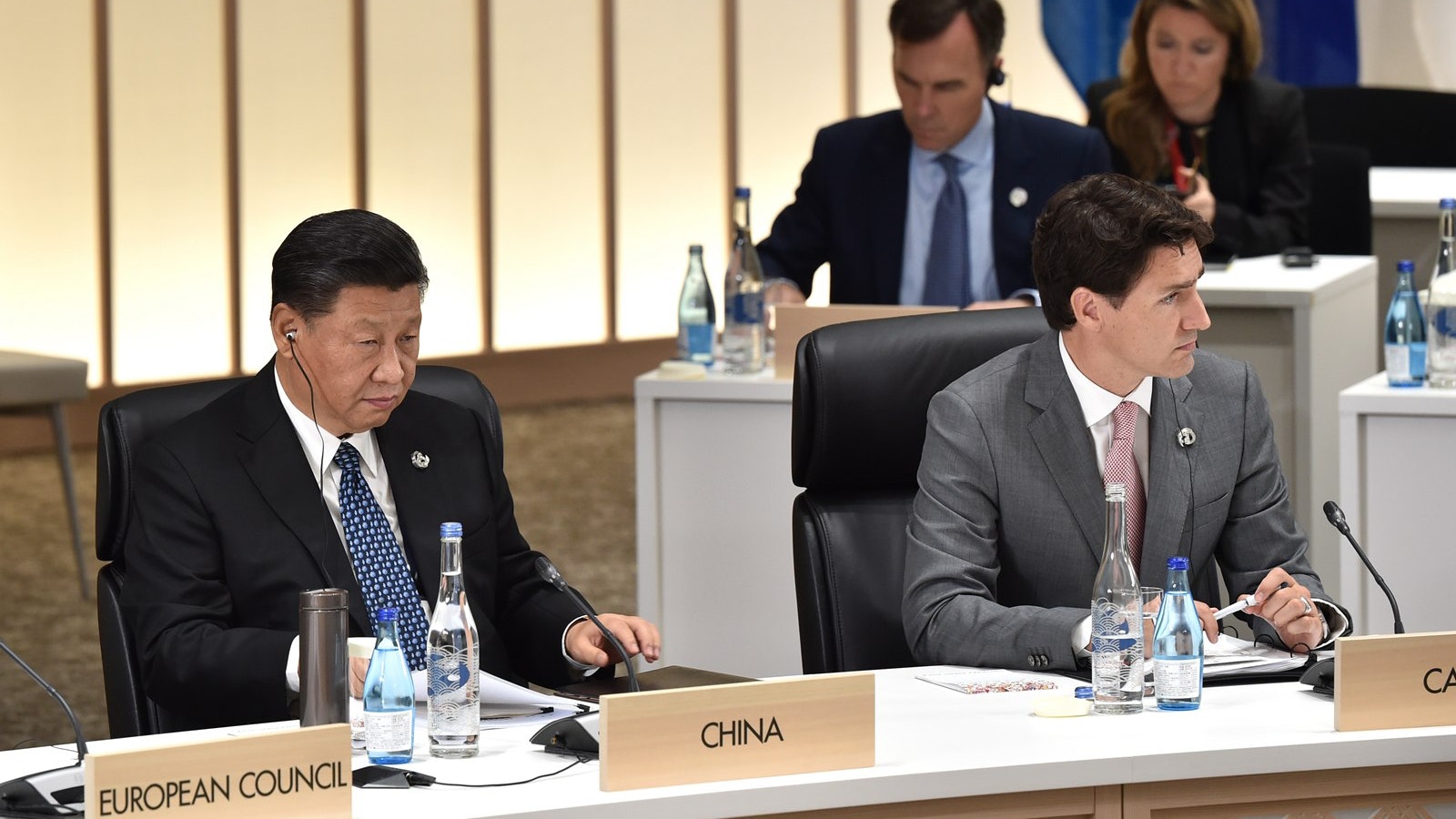The G20 summit has ended. Xi Jinping held formal bilateral talks with leaders of many countries. However, he did not hold formal talks with Canadian Prime Minister Trudeau, but only stood up and talked.
The G20 summit of the Osaka Group was held on June 29th. As of the publication of this article, according to Chinese official Xi Jinping’s participation in the news, he held bilateral talks with US President Donald Trump, German Chancellor Angela Merkel, Indonesian President Zoco Widodo, etc., but there is no relevant He had bilateral talks with Canadian Prime Minister Trudeau.
However, the office of Justin Trudeau said that on the 28th, Trudeau and Xi Jinping conducted “positive and constructive communication” during the G20 summit.
A senior official in the Trudeau office who did not want a transparent name told Reuters that Trudeau had more than one talk with Xi Jinping. A video taken by Canadian media Global News shows that Trudeau has had a brief meeting with Xi Jinping.
Canadian government officials also said that in fact, before the cultural performance prepared by NHK in Japan, Trudeau and Xi Jinping also exchanged views with each other, but did not disclose the specific content.
On the G20 working lunch on June 28, Trudeau and Xi Jinping sat next to each other, but there was no communication between the two parties within a few minutes of the camera. Trudeau looked back at Xi Jinping and saw that Xi Jinping was talking to the staff next door. He did not go forward and then waited for Xi Jinping to be free, and he did not talk to him.
Canadian Foreign Minister Chrystia Freeland said on June 27 that Canada has been trying to engage in dialogue with China at the diplomatic level and is very willing to engage in higher levels during the G20. She said that Canada has received worldwide support and that Canada is still working to save Canadian citizens.
In order to engage in dialogue with China, Canada now relies heavily on US President Trump. Trump promised to help Trudeau in Washington last week. Fang Huilan refused to answer Canada’s specific request to Trump, but said that the partnership between Canada and the United States is very iron.
From the Canadian side’s position, it hopes to communicate with Beijing to break the current stalemate, and for this reason is also seeking outside help to ease relations with Beijing. However, from Xi Jinping and Trudeau, there is no formal talks. It can be seen that the two countries still have no consensus to sit down and talk.
In accordance with the requirements of the United States, Canada detained Meng Xizhou, the chief financial officer of China’s telecommunications company Huawei. Beijing believes that there is interference from political and diplomatic factors, while Canada insists that this is a judicial issue. China has detained two Canadians, and Canada believes this is Beijing’s revenge. In the absence of a solution to the Mengxiazhou case, the tension between China and Canada will continue.
The Sino-US trade war has also affected the relationship between China and Canada. The United States regards the case of Huawei and Meng Zhouzhou as a bargaining chip with China. Trump previously mentioned that Huawei can be part of the Sino-US trade agreement. At the G20 summit in Osaka, China and the United States announced the resumption of trade negotiations, and the sawing between the two sides will continue.
In other words, the transition of China-Canada relations is likely to wait until the Sino-US trade negotiations can have a good result.












